The future of kitchens: What will they be like in 2025?
Cooking as we know it is about to change, thanks to recent leaps in food technology. What does that mean for us, for the design of kitchens – and how will we be able to live a sustainable life at home?
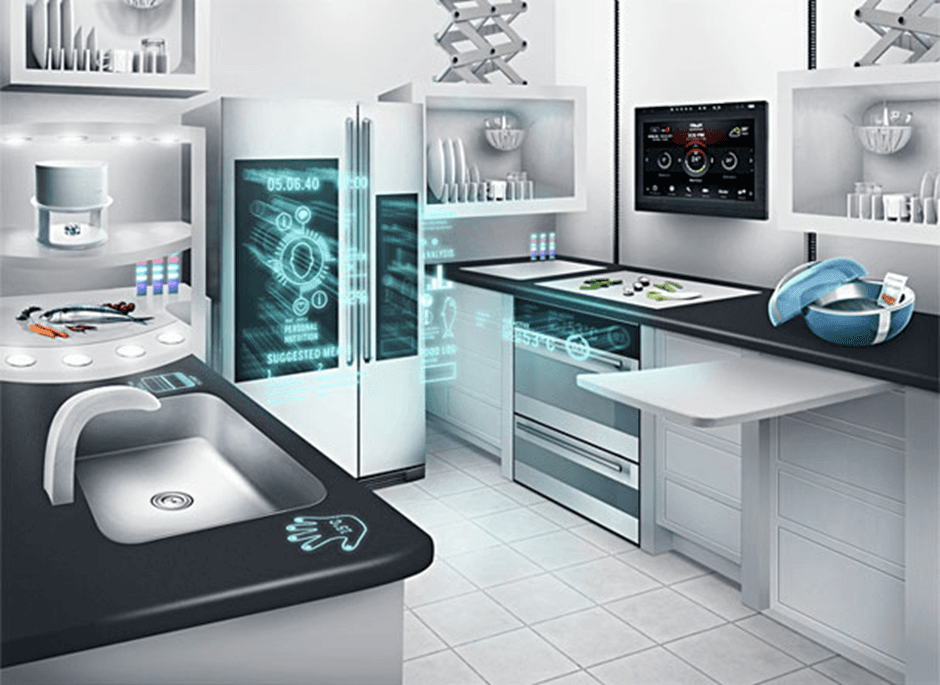
Kitchen innovation has been a hot potato of speculation since the early 1900s, when natural gas and then electric stoves began to replace wood and coal burners. There was refrigeration in the 1950s, followed by microwave ovens in the 1960s.
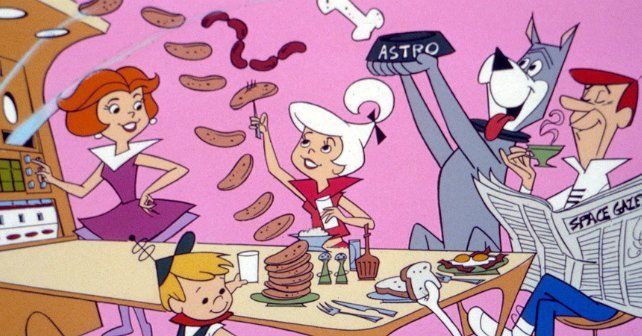
But although it has been more than 50 years since the Jetsons TV show foresaw robotics with Rosie the Robot and 3D printed food, these innovations are only now emerging as real possibilities in the kitchen of the future.
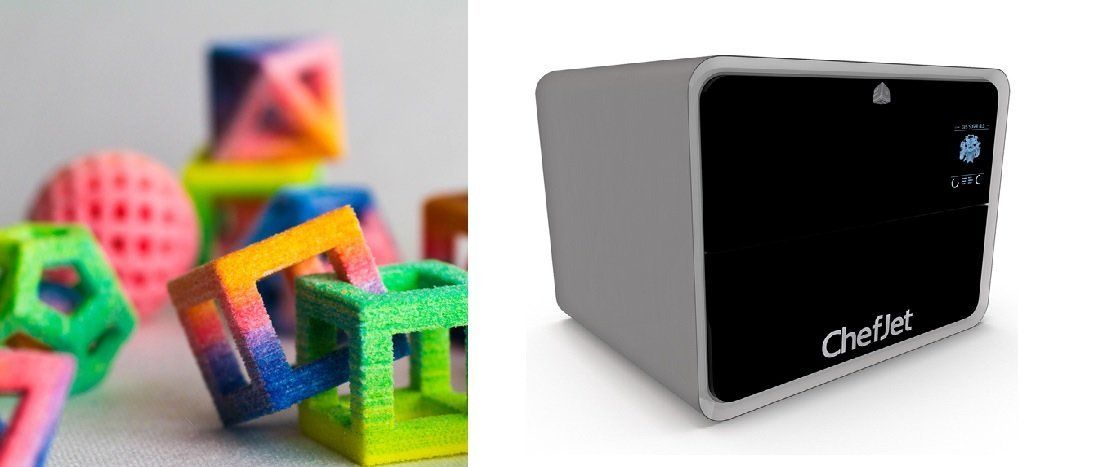
Printing food using devices such as the ChefJet shown above at right is said to be the next revolution in food preparation, but at this stage results are mainly limited to the confectionary shown at left.
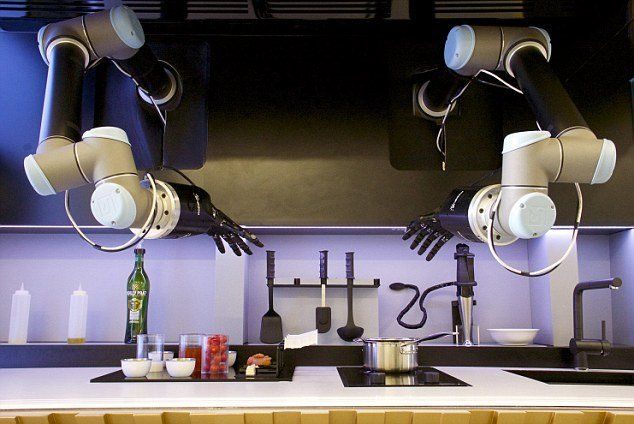
British scientists spent almost 18 years developing these robotic 'chef' hands, which can be programmed to prepare meals worthy of a restaurant. Produced by the Shadow Robot Company, the device will be sold from as early as 2017 as part of a purpose-built high-tech kitchen, priced at around UK£10,000 (NZ$21,000).
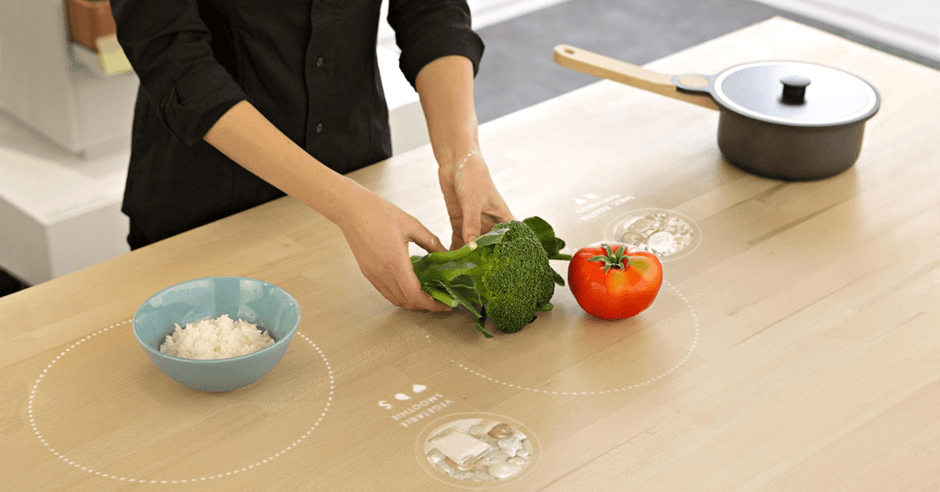
IKEA, the Swedish furniture maker known for its minimalist designs, unveiled its vision for the kitchen of 2025 at last year's Milan Design Week in Italy. One of the ideas that grabbed the most attention at the exhibition was its high-tech ‘Table for living’, a table which automatically identifies foods placed on it and uses a camera to project graphics of recipes for the foods.
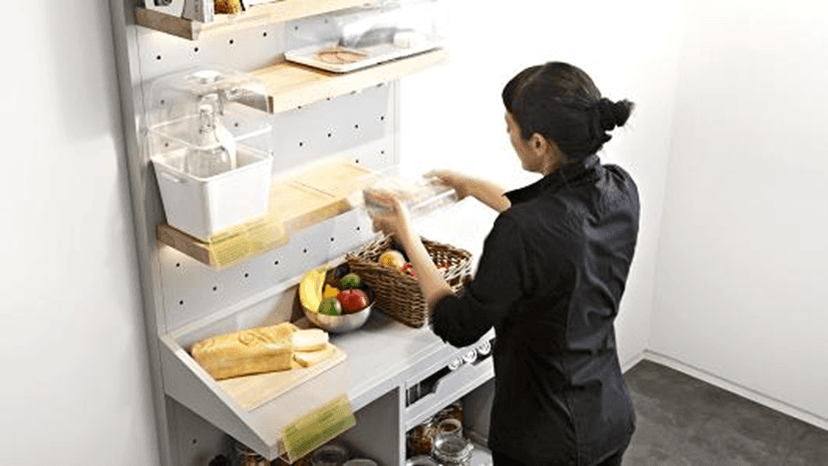
The prototype kitchen included built-in weighing scales, hidden sensors and induction-cooling technology that IKEA reckons will replace refrigerators and keep different foods at just the right temperature. Developed with an eye to sustainability, the kitchen featured a ‘mindful water’ system which filters water, and used waste water for other purposes, such as feeding indoor plants.
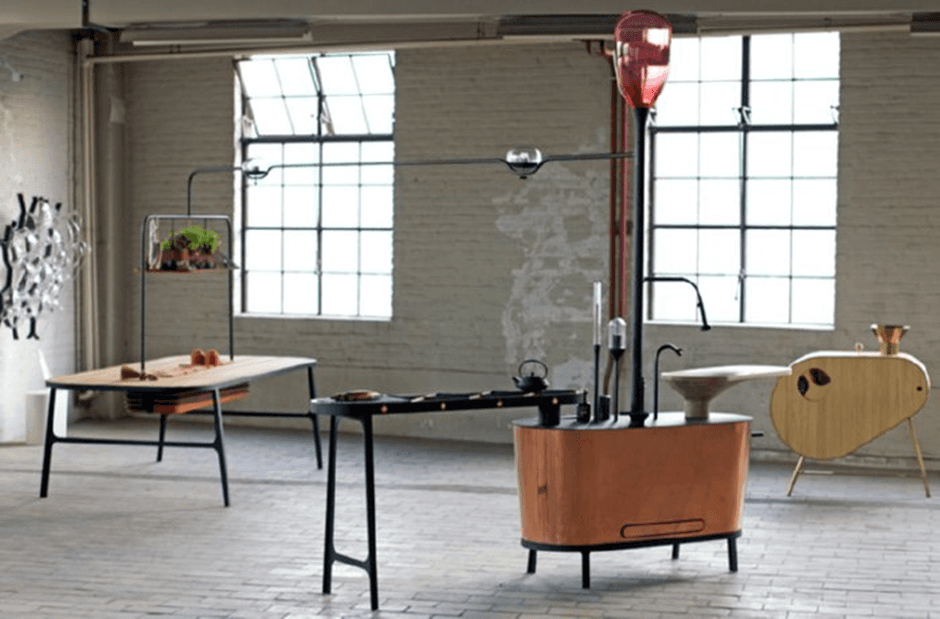
This future kitchen concept by Philips Design also envisions environmental friendliness, but in post-industrial rather than modernist style.
“We need to push ourselves to rethink domestic appliances entirely, to rethink how homes consume energy, and how entire communities can pool resources” says the company’s Senior Director of Design-led Innovation, Clive van Heerden.
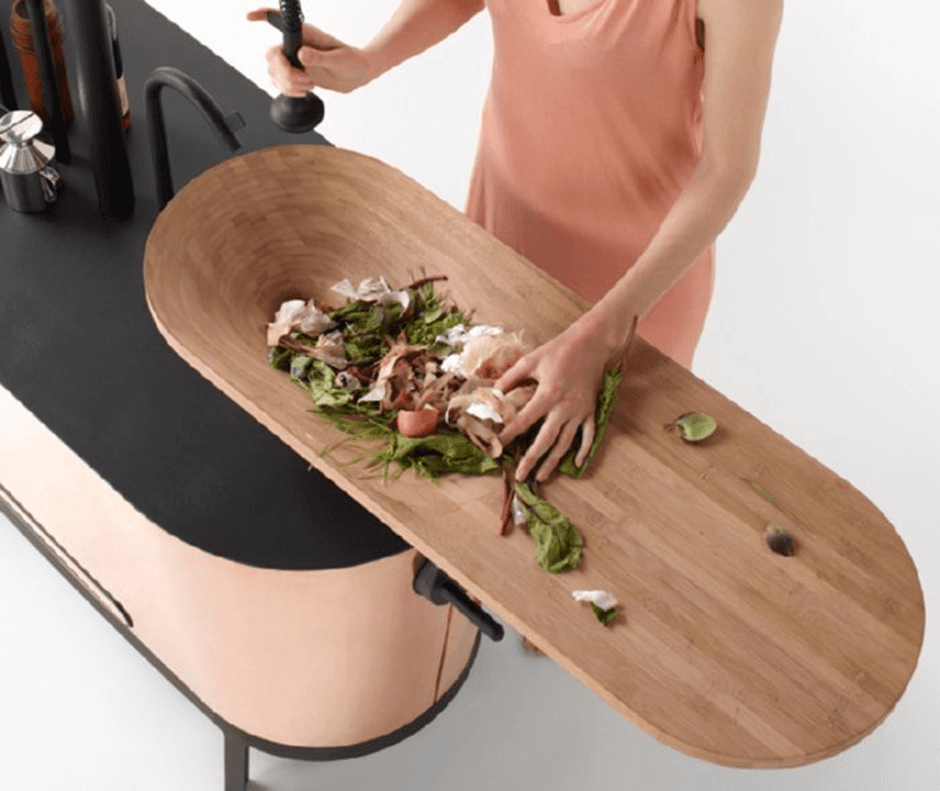
Philips believes the solution is likely to come from biological processes, which are less energy-consuming and non-polluting. Think of it as going back to nature in order to move forward. Philips’ Microbial Home concept uses an integrated cyclical ecosystem – a kind biological machine – to filter, process and recycle what we conventionally think of as waste.
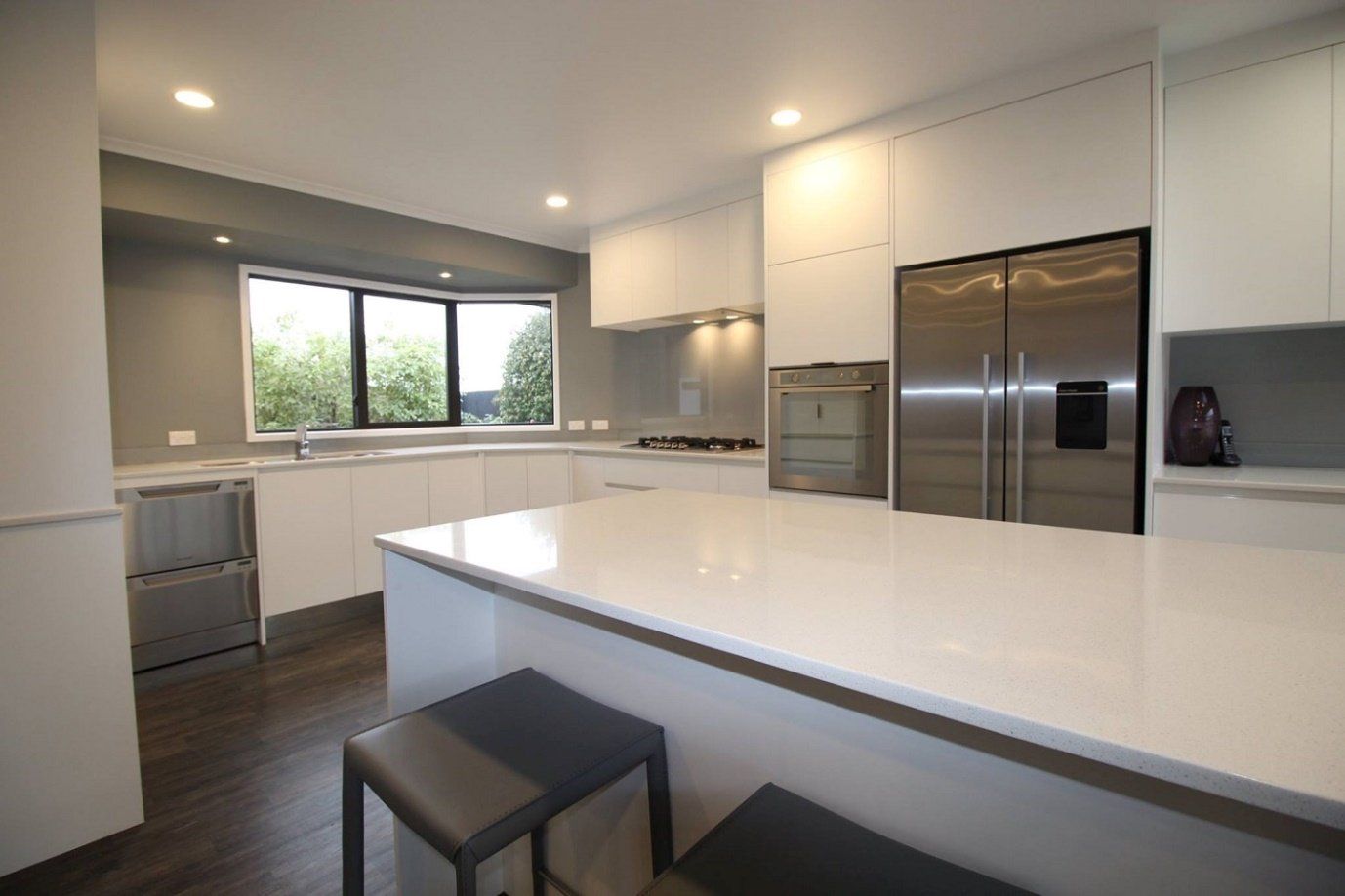
We may still be some way off from these futuristic kitchen concepts, but this modern kitchen from Pzazz Building with its minimalistic design, natural light sources and efficient energy-saving devices shows what can be achieved today. And you can be sure that, no matter what your style, Pzazz Building will design and
create a kitchen that will take you confidently and beautifully into the future.


